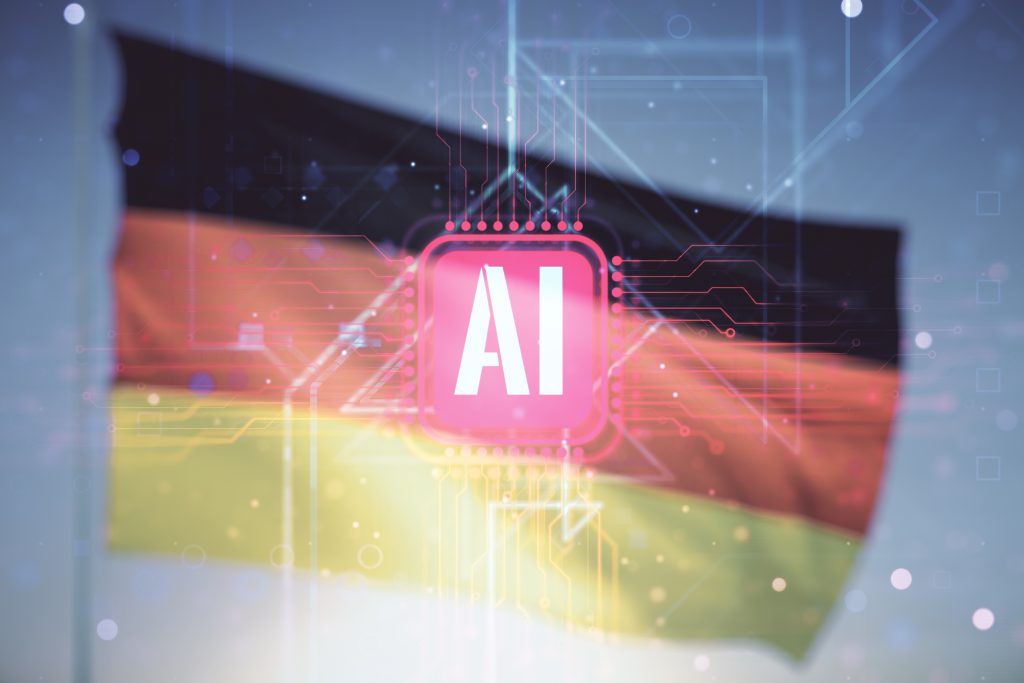Germany’s path to global AI leadership: a €5 billion action plan
Germany’s AI Action Plan, led by Bettina Stark-Watzinger, commits €5 billion to make Germany a global AI leader. It prioritizes research, infrastructure, and innovation, with a focus on competence centers and professorships.

Bettina Stark-Watzinger’s AI Action Plan strives to position Germany and Europe as global leaders in the field of AI. This initiative aligns with Germany’s commitment to invest €5 billion in AI by 2025. The plan’s primary objective is to unlock AI’s potential for economic growth, with an allocation of more than €1.6 billion for the current term. To attain these objectives, the plan places emphasis on strengthening the foundations of AI research, improving infrastructure, nurturing expertise, and exploring AI’s applications in education and healthcare. It’s worth noting that the Federal Ministry of Education and Research (BMBF) actively oversees 50 ongoing AI initiatives, encompassing research, skill development, and practical applications of AI.
A critical aspect of the AI Action Plan is the creation of a robust AI competence base. This includes the establishment of AI competence centres and the appointment of 150 AI professorships. Moreover, the plan promotes innovation through junior scientist groups and funding programs such as ‘Zukunft eHealth. It also emphasizes accessible supercomputing resources and the establishment of a research network focusing on ‘neurobiologically inspired AI.’ However, not all voices support this plan. Some critics advocate for more substantial initiatives, such as Bavaria’s €5.5 billion AI development program. Nevertheless, despite challenges and criticisms, the government remains committed to leveraging AI’s full potential for economic recovery and global competitiveness.
